2024 Update on the Task Force on Climate-Related Financial Disclosures (TCFD)
The TCFD has been pivotal in encouraging transparency and accountability in climate-related financial disclosures. As of October 12, 2023, the TCFD concluded its mission and disbanded following the release of its comprehensive 2023 status report. This report underscored the ongoing momentum and adoption of the TCFD recommendations, notably influencing the International Sustainability Standards Board’s (ISSB) climate-related and general sustainability-related disclosure standards. The Financial Stability Board (FSB) has now entrusted the IFRS Foundation with the task of monitoring companies’ climate-related disclosures moving forward. Although the TCFD website will cease updates, it remains a valuable repository to ISSB for its developed materials, continuing to serve those committed to enhancing climate-related financial disclosures.
The TCFD
The Task Force on Climate-Related Financial Disclosures (TCFD) is a global, market-driven initiative established by the Financial Stability Board (FSB). The TCFD was created to develop a set of recommendations for voluntary climate-related financial disclosures that are consistent, comparable, reliable, clear, and efficient. These disclosures are intended to provide useful information to lenders, insurers, investors, and other stakeholders.
The TCFD's main objective is to enable markets to understand and respond effectively to climate-related risks and opportunities. This understanding is crucial in promoting more informed financial decision-making and fostering a smooth transition to a low-carbon economy.
History and Formation of the TCFD
The TCFD was established in December 2015 by the FSB, an international body that monitors and makes recommendations about the global financial system. The FSB recognized the increasing importance of understanding the financial implications of climate change and, thus, the need for better information to support informed investment, lending, and insurance underwriting decisions.
Michael R. Bloomberg, the founder of Bloomberg LP and Bloomberg Philanthropies and former Mayor of New York City, chaired the Task Force. The Task Force comprised 32 members from various organizations, including large banks, insurance companies, asset management companies, pension funds, credit rating agencies, and accounting and consulting firms.
Publication of Recommendations
In June 2017, the TCFD released its final recommendations report. The report outlines recommendations for disclosures that organizations should make to help investors, lenders, and insurance underwriters understand their climate-related risks and opportunities.
The TCFD's recommendations are structured around four thematic areas representing core elements of organizations' operations: governance, strategy, risk management, and metrics and targets. These recommendations apply to all sectors and industries.
Key Principles of the TCFD
The TCFD's recommendations are based on a number of key principles. These principles guide the development and implementation of effective climate-related financial disclosures.
Firstly, the TCFD emphasizes that climate-related financial disclosures should be useful for decision-making. This means that the disclosures should provide relevant information that helps investors and other stakeholders make financial decisions.
Consistency and Comparability
The TCFD recommends that organizations provide climate-related financial disclosures that are consistent over time. This allows stakeholders to track the organization's performance against its own historical data and against industry benchmarks.
Moreover, the TCFD encourages organizations to provide comparable disclosures among companies within a sector, industry, or portfolio. This comparability enables stakeholders to evaluate and benchmark the relative performance of different organizations.
Reliability and Verifiability
The TCFD also emphasizes the importance of providing reliable and verifiable information. This means that appropriate and robust internal governance processes, methodologies, and data should support the disclosed information.
Furthermore, the TCFD recommends that organizations should aim to provide information that can be independently assured or verified. This enhances the credibility and trustworthiness of the disclosures.
TCFD Recommendations
The TCFD's recommendations are structured around four thematic areas: governance, strategy, risk management, and metrics and targets. Each of these areas is associated with specific recommended disclosures.
Under governance, the TCFD recommends that organizations disclose their governance around climate-related risks and opportunities. This includes the organization's board's oversight of climate-related risks and opportunities and management's role in assessing and managing these risks and opportunities.
Strategy
Under the strategy, the TCFD recommends that organizations disclose the actual and potential impacts of climate-related risks and opportunities on their business, strategy, and financial planning. This includes the organization's identification, assessment, and management of climate-related risks and opportunities and how these are integrated into the organization's overall strategy and financial planning.
Furthermore, the TCFD recommends that organizations disclose how their strategies might change to address potential climate-related scenarios, including a 2°C or lower scenario.
Risk Management
Under risk management, the TCFD recommends that organizations disclose how they identify, assess, and manage climate-related risks. This includes the organization's processes for identifying and assessing climate-related risks, how these risks are managed, and how these processes are integrated into the organization's overall risk management.
The TCFD also recommends that organizations disclose their processes for managing climate-related risks and opportunities and how these are integrated into the organization's overall risk management.
Metrics and Targets
Under metrics and targets, the TCFD recommends that organizations disclose the metrics and targets used to assess and manage relevant climate-related risks and opportunities. This includes the metrics used by the organization to assess climate-related risks and opportunities in line with its strategy and risk management process.
Furthermore, the TCFD recommends that organizations disclose their Scope 1, Scope 2, and, if appropriate, Scope 3 greenhouse gas (GHG) emissions and the related risks. The TCFD also recommends that organizations disclose the targets they use to manage climate-related risks and opportunities and performance against these targets.
Adoption of TCFD Recommendations
Organizations around the world have widely endorsed the TCFD's recommendations. As of February 2021, over 1,500 organizations representing a market capitalization of over $12.6 trillion have supported the TCFD and its recommendations.
These organizations span a wide range of industries and sectors and include financial firms responsible for assets of more than $150 trillion. The widespread adoption of the TCFD's recommendations reflects the growing recognition of the financial implications of climate change and the need for better information to manage these risks and opportunities.
Impact of the TCFD
The TCFD has had a significant impact on the way organizations disclose climate-related financial information. The TCFD's recommendations have become a benchmark for best practices in climate-related financial disclosures and have been incorporated into the guidelines and standards of various regulatory and industry bodies.
Moreover, the TCFD's work has helped to raise awareness of the financial risks and opportunities associated with climate change. It has encouraged more organizations to integrate climate considerations into their strategic planning and risk management processes.
Summary
The Task Force on Climate-Related Financial Disclosures (TCFD) plays a crucial role in improving the quality and consistency of climate-related financial disclosures. By providing a clear framework for disclosures, the TCFD helps enhance the understanding of climate-related risks and opportunities and promotes more informed financial decision-making.
As climate change continues to pose significant risks and opportunities for businesses and investors, the TCFD's work remains more relevant than ever. The continued adoption and implementation of the TCFD's recommendations will ensure a smooth transition to a low-carbon economy.
Understanding the risks and opportunities of climate change is just the beginning. If you're an executive or project leader looking to navigate the complexities of carbon management and meet the demands of climate legislation, Arbor is your partner in this journey. Our platform offers precise, material-level carbon calculations, GRI-certified reporting, and region-specific insights that simplify the process, saving you time and budget. With Arbor, you can confidently calculate emissions, generate compliant reports, gain actionable insights, and showcase your company's carbon transparency. Take the first step towards effective carbon management and talk to sales today to see how Arbor can transform your approach to sustainability.
Measure your carbon emissions with Arbor
Simple, easy carbon accounting.
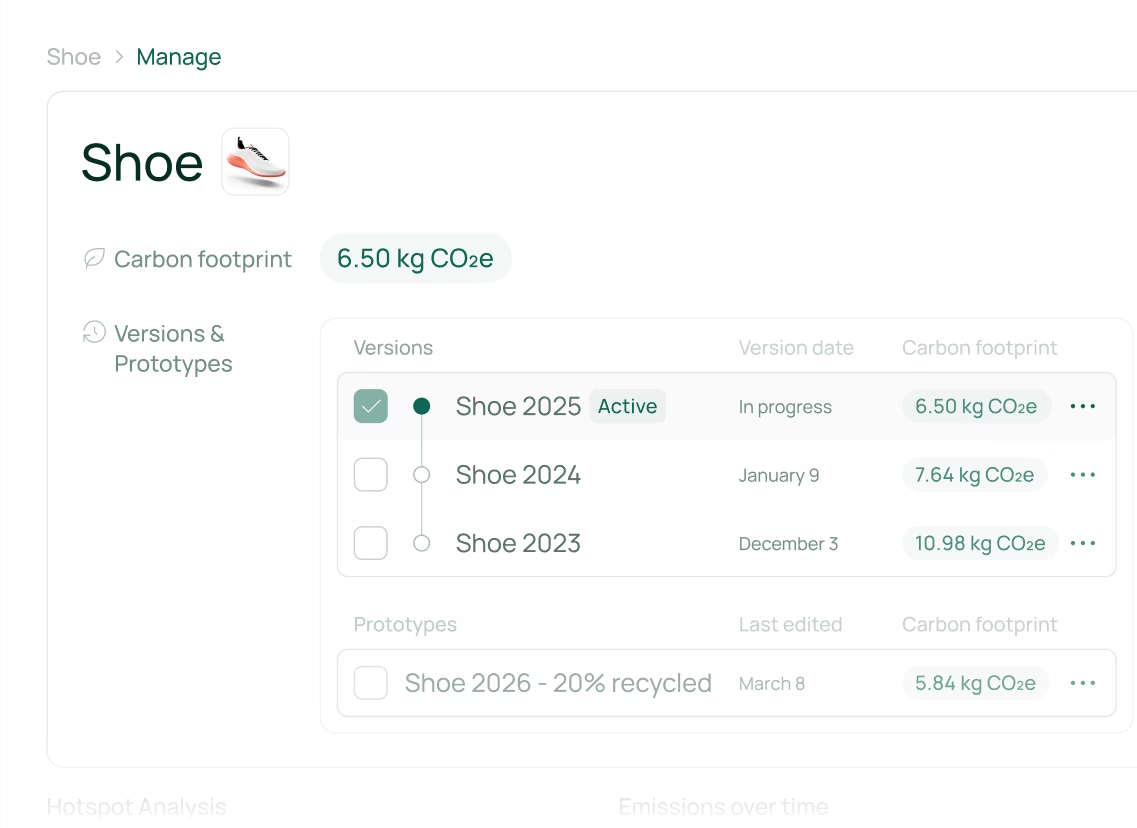







.webp)
%20Directive.webp)


.webp)


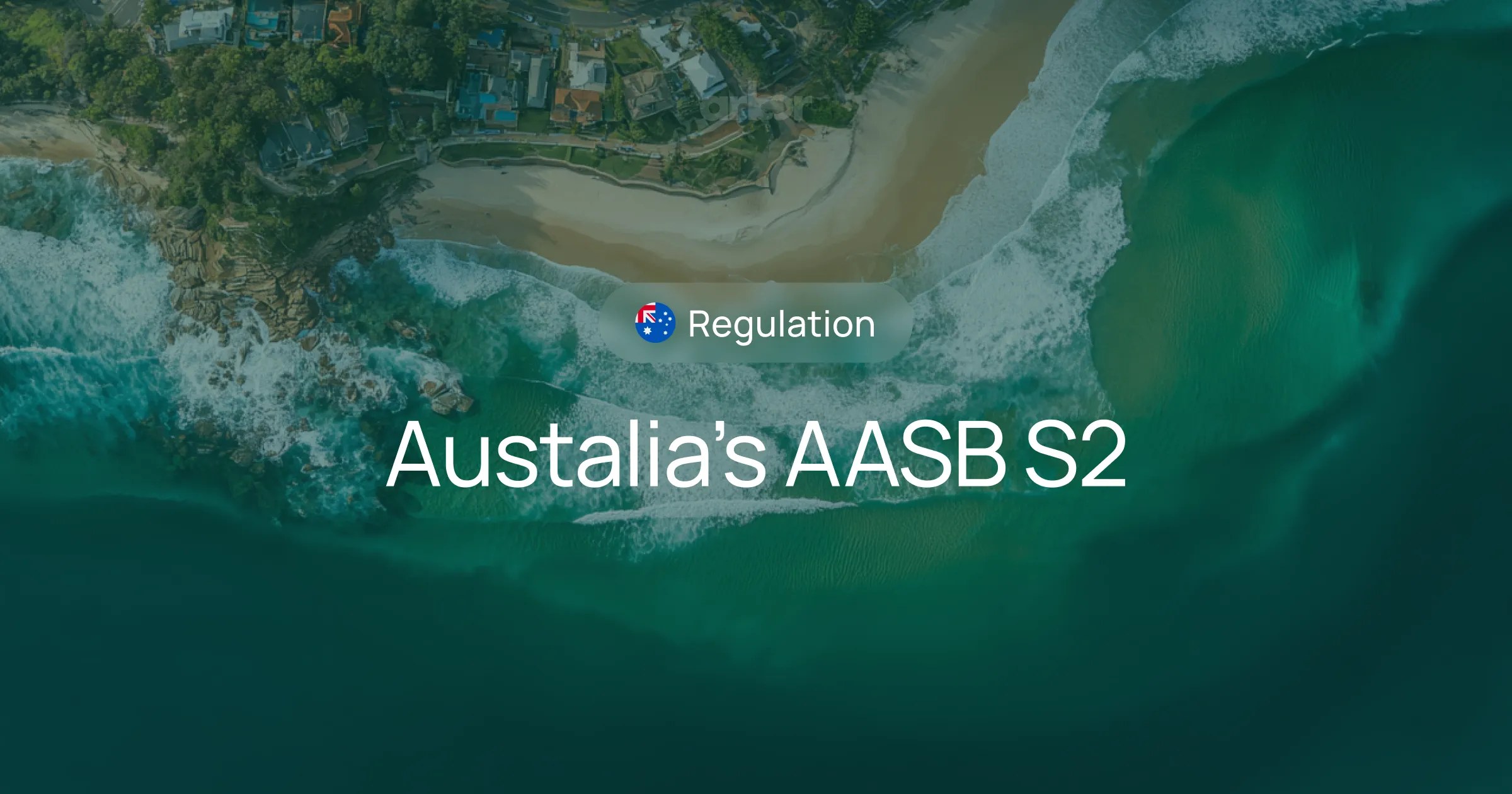
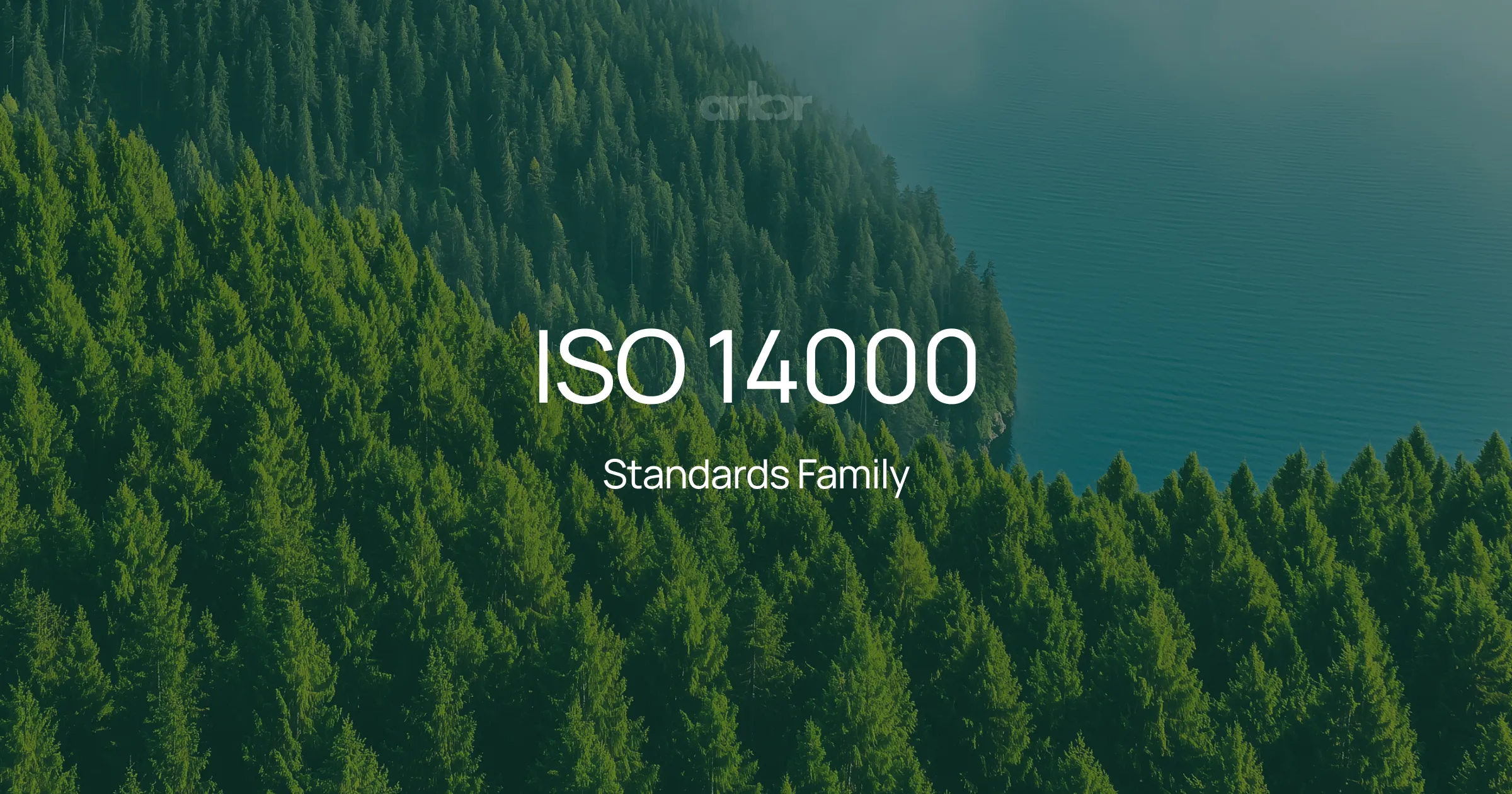
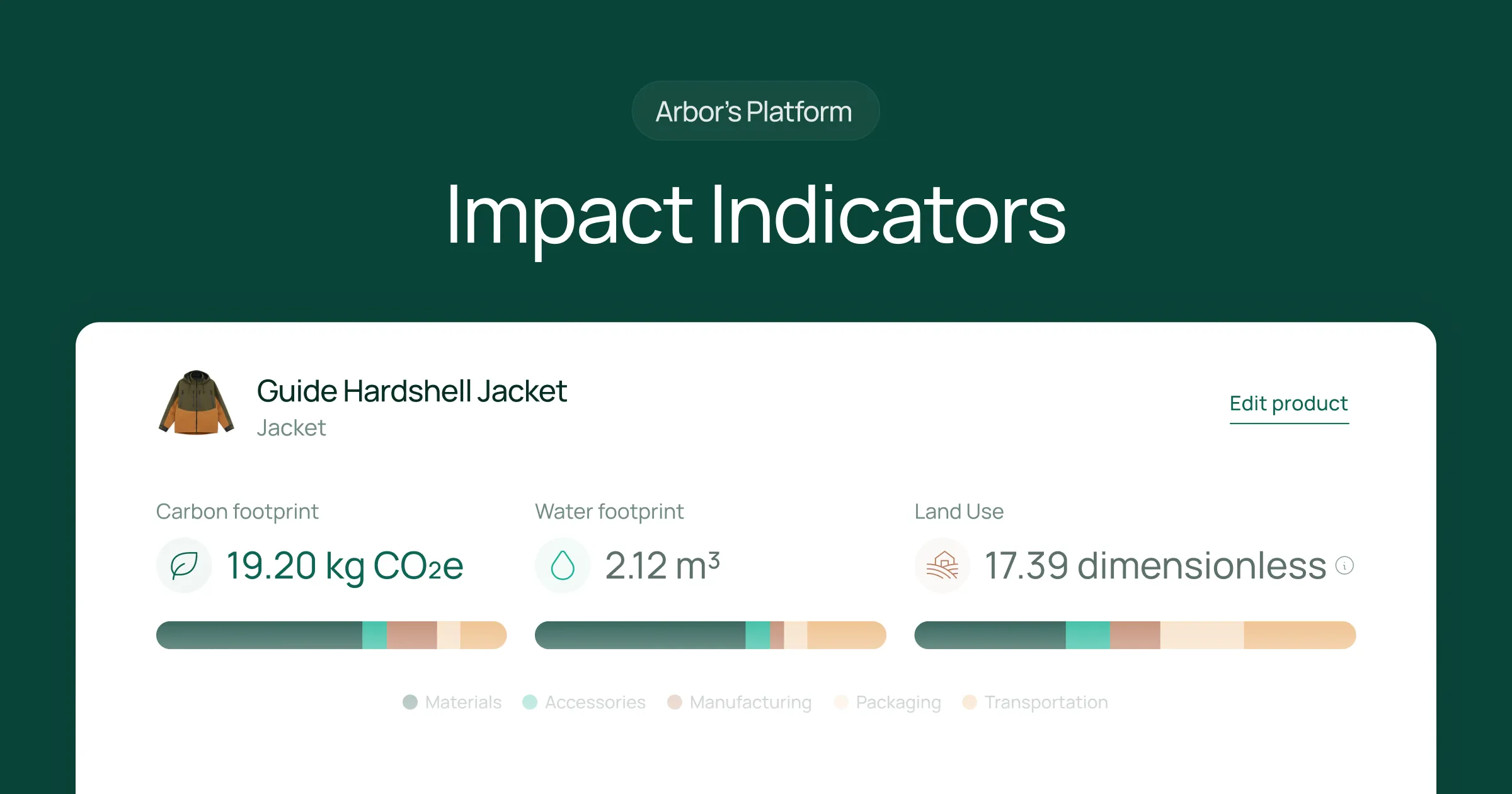






%20Arbor.avif)
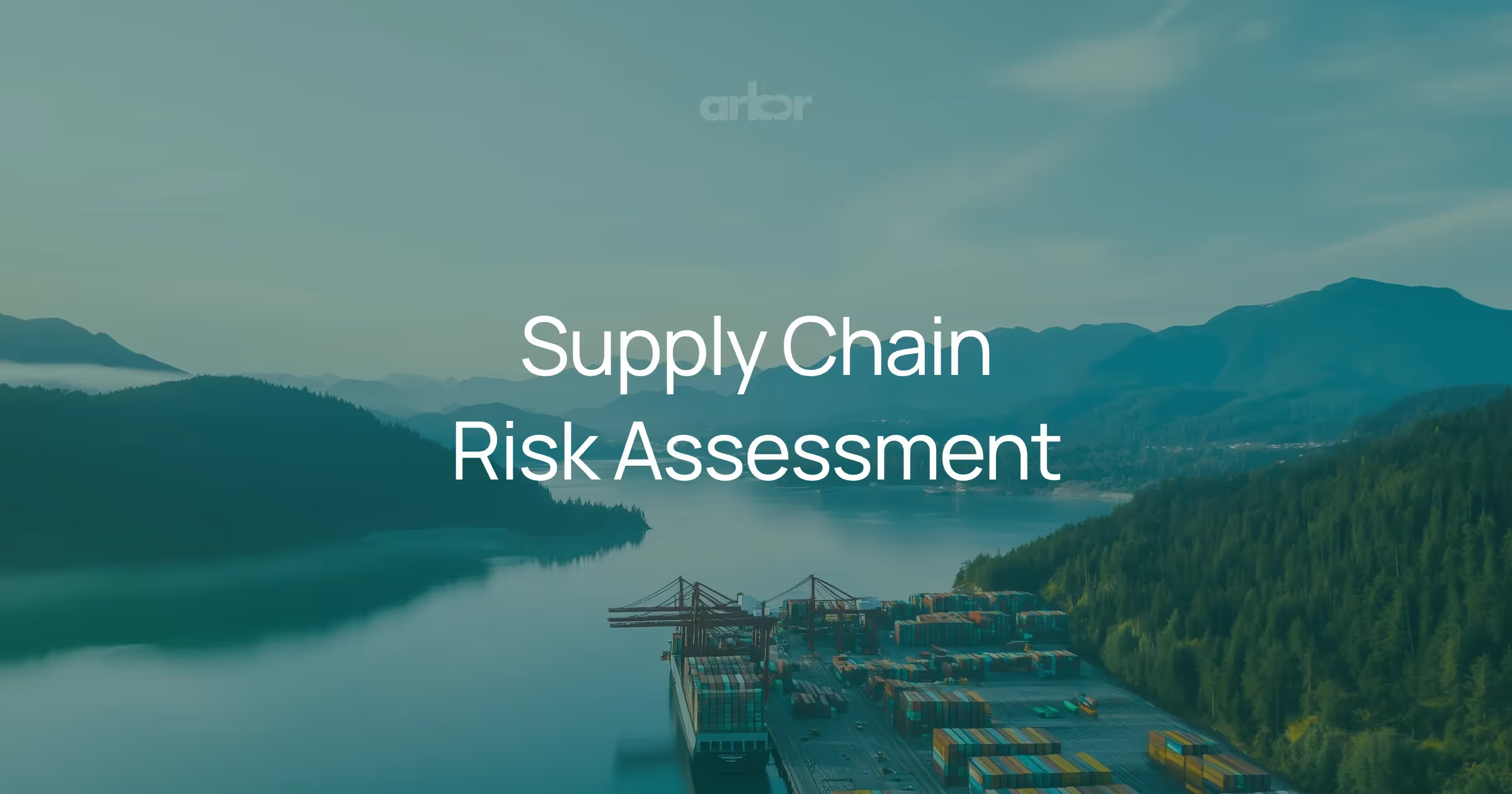




%20Arbor.avif)
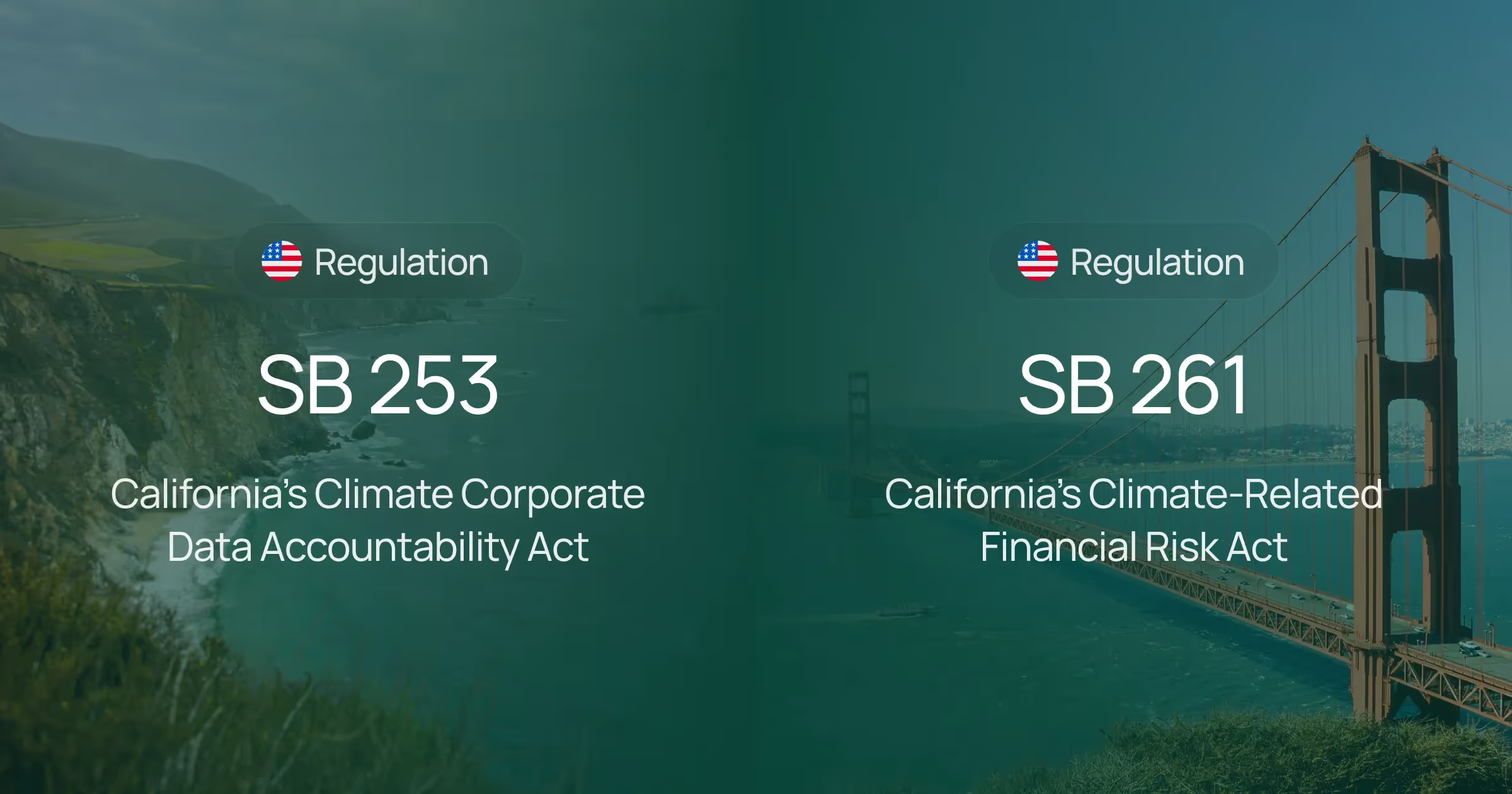

.avif)
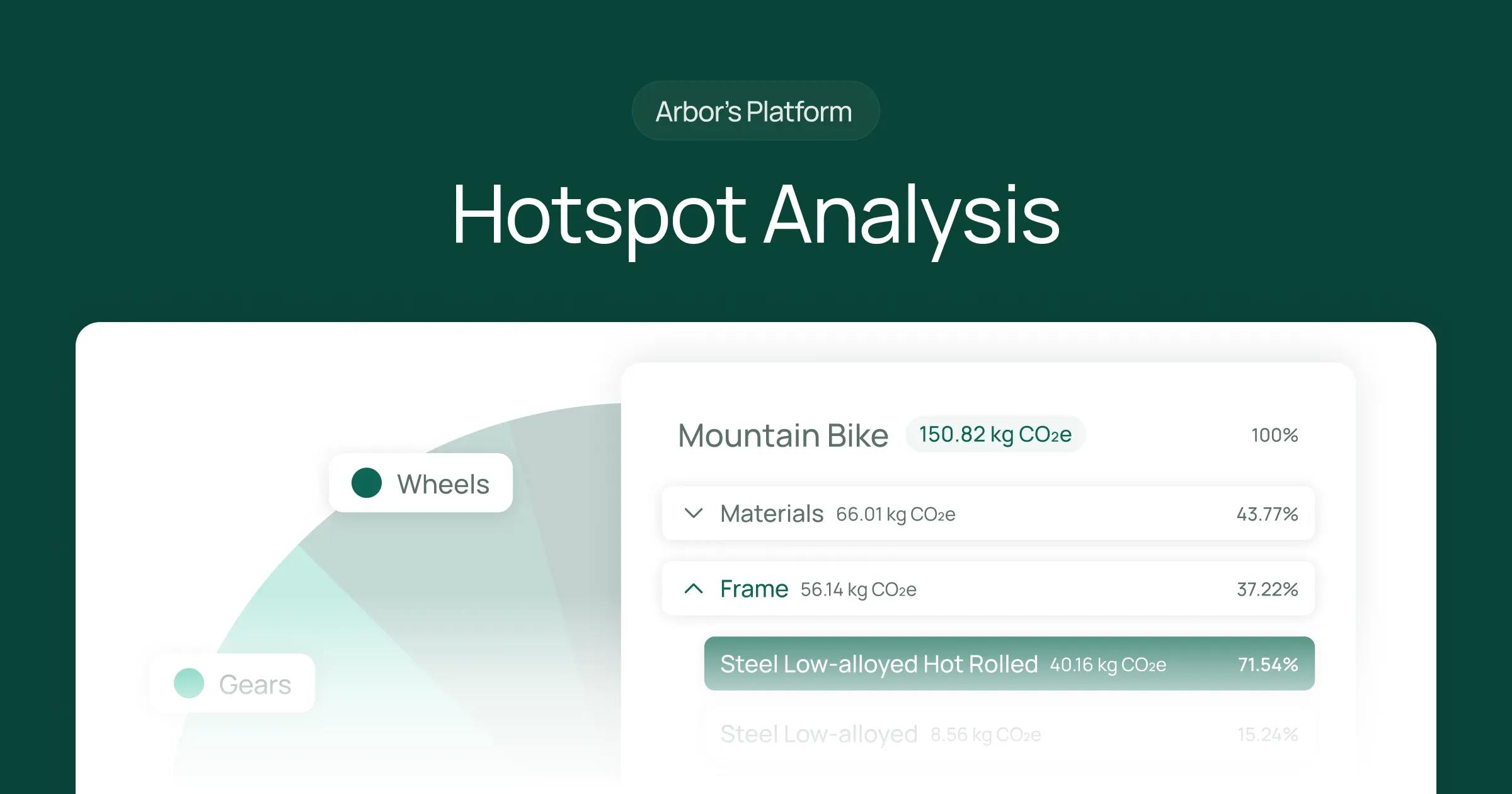

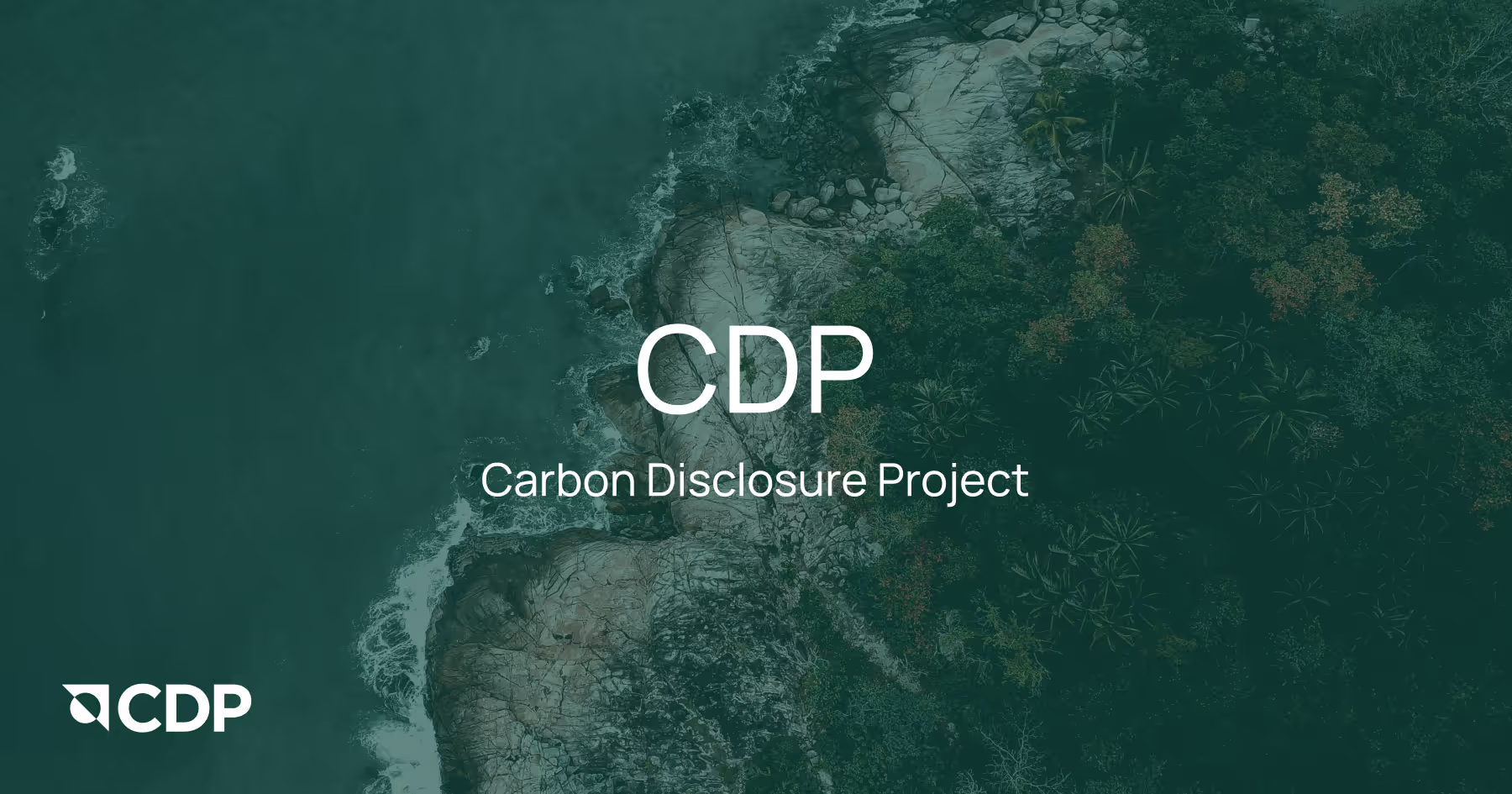



%20Arbor%20Canada.avif)
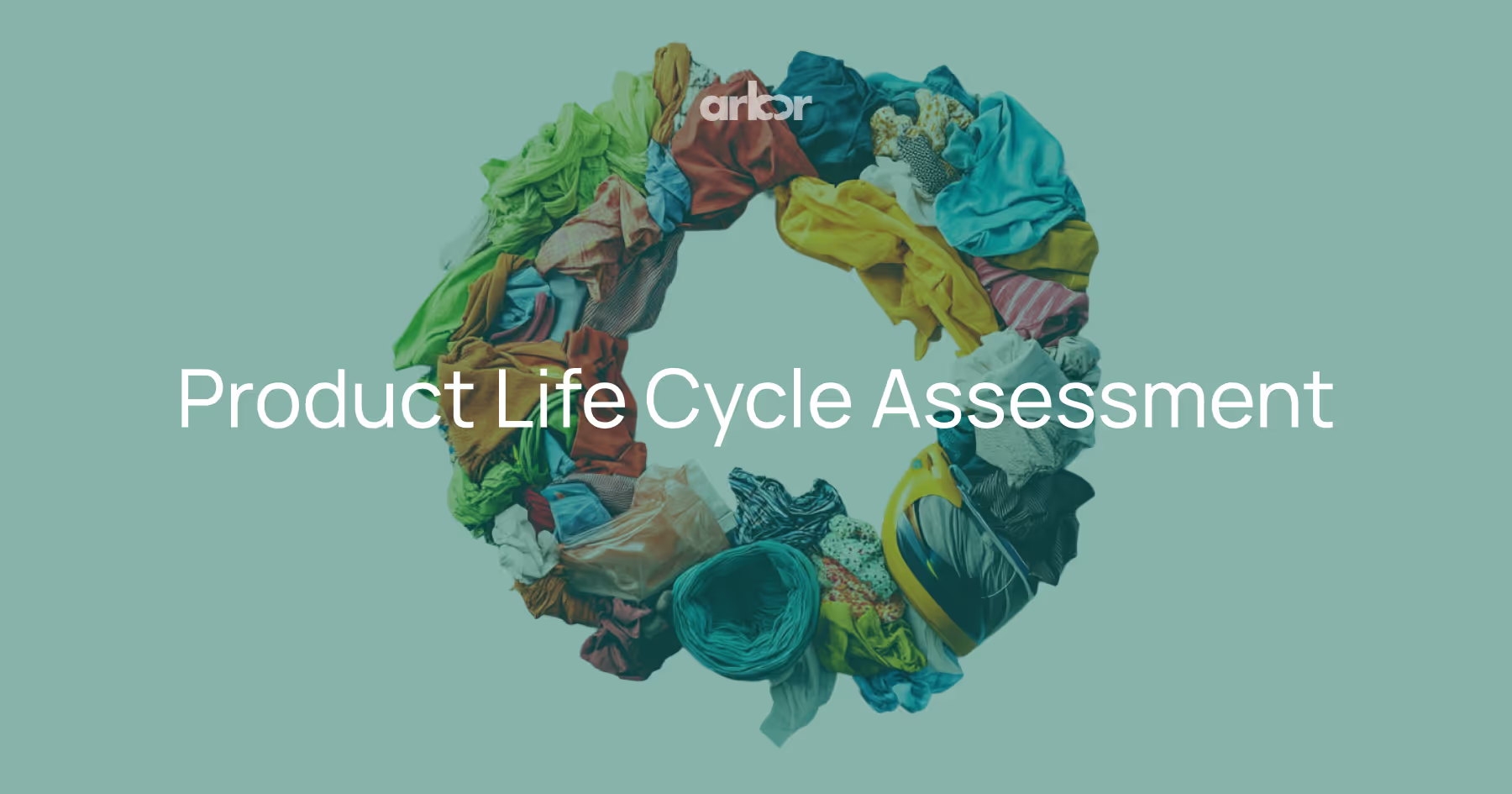
.avif)
%20Arbor.avif)
.avif)






_.avif)
.avif)
%20Arbor.avif)




%20Software%20and%20Tools.avif)





.avif)
.avif)
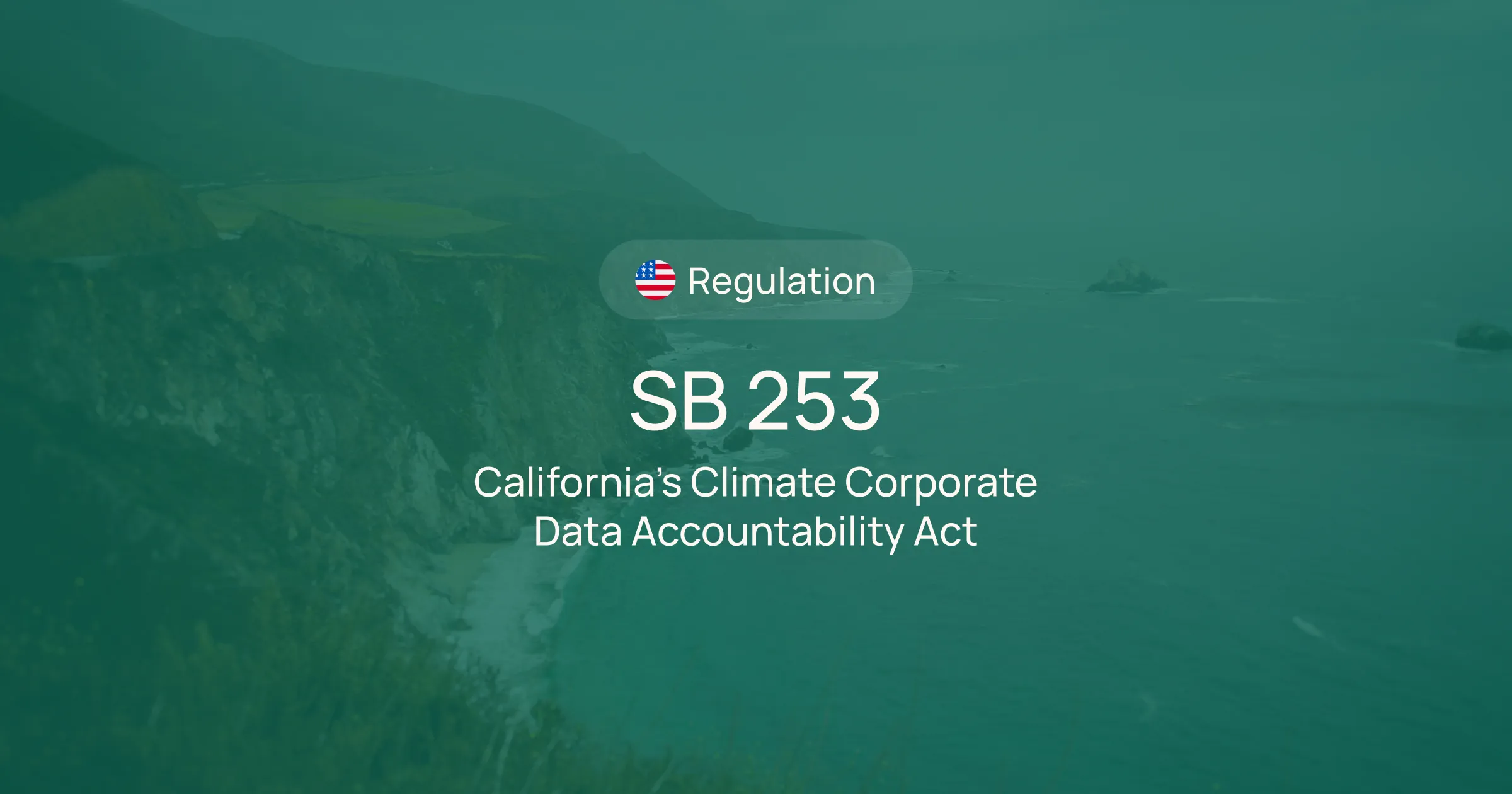



%20EU%20Regulation.avif)












.avif)


%20Arbor.avif)









_%20_%20Carbon%20101.avif)






.avif)









